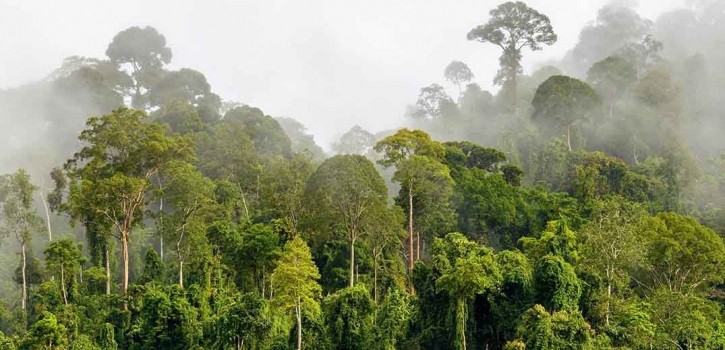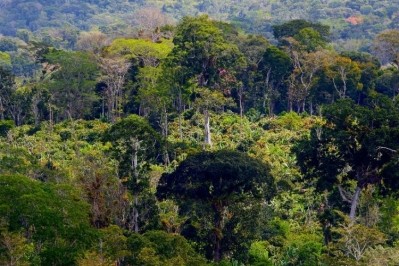Regulation
Fairtrade calls for UK to beef up its deforestation laws

The Fairtrade Foundation is launching a petition calling on the UK Government to ensure that its incoming deforestation legislation does not push extra costs on farmers. This is ahead of secondary legislation of the Environment Act that is expected to come before Parliament this year and outline further details on deforestation.
The UK has introduced legislation and taken steps to address deforestation in supply chains linked to its domestic consumption or commercial activities, similar to the European Deforestation Regulation (EUDR), which affects cocoa and other commodities, including palm oil, beef, leather, and soy.
Businesses with a global annual turnover of over £50m (US$63m) and purchase over 500 tons of such commodities a year are banned from using them if they are sourced from land cultivated illegally. These businesses will also be required to undertake a due diligence exercise on their supply chains and to report on this exercise annually for transparency.
COP28
UK Environment Secretary Steve Barclay set out his priorities for forests, food, and nature at COP28 in Dubai.
“I find it heart-rending to see the way illegal deforestation is destroying the habitats of tigers, jaguars, orangutans, and many other endangered species, and I know many people across the world feel the same. Globally, we lose forests equivalent to the size of about 30 football pitches every minute,” he said.
“That’s why we are cleaning up supply chains to ensure that big businesses in the UK aren’t responsible for illegal deforestation. It also means shoppers can be confident that the money they spend is part of the solution, rather than part of the problem.”
Gemma Hoskins, UK senior director at environment campaign group Mighty Earth, has criticised the UK’s priorities, claiming Britain could become a dumping ground for products grown on legally deforested land, as the secondary legislation only covers illegal deforestation.
“This new UK legislation falls short on its ‘world-beating’ promise made by the UK government made at COP26. By failing to match the ambition of the EUDR, which seeks to end both legal and illegal deforestation, the UK government has left UK supply chains at continued risk of exposure to deforestation-linked products ending up on our supermarket shelves,” she said.
Both EU and UK measures potentially require imported goods to comply with the relevant producer countries’ land-use laws. However, the emphasis on legality is considered insufficient to address global deforestation comprehensively.
For example, using Brazil as a key exporter of forest-risk commodities, it was shown that a legality criterion adopted by consumer countries like the UK and the EU is insufficient to protect forests and other ecosystems. What was illegal may become legal shortly, suggesting a need for more stringent measures beyond legality to effectively combat deforestation.
The Fairtrade petition also calls for the UK Government to deliver on climate funding commitments. It said in a statement: “The new regulation will require big companies to prove that they are not importing products from illegally forested land. Although Fairtrade believes that the deforestation legislation will be a crucial step towards tackling environmental damage in our supply chains, the adoption of robust legislation should be producer focused.
“This means that it must be designed and implemented in a way that ensures smallholder farmers and workers do not carry the costs and burdens of compliance.”
Alexander Carnwath, Head of Public Affairs at the Fairtrade Foundation, said: “So far, the government has failed to meet its pledged financial commitment of £11.6 billion to support communities most affected by climate change. And funding of £500m promised at COP26 for tackling deforestation has not yet been delivered.
“The UK needs to make good on these promises, ensure small-scale farmers have a real say over how that money is spent, and support farmers to protect forests and build a fairer future.”
Jaime Alberto García Flórez, a Fairtrade coffee and cocoa farmer in Colombia, said: “We farmers are the first to feel and the first to fight climate change. If we want to leave something for our children, we need to take measures to mitigate the effects of climate change now.”
- Extra source: Citation Tiago N P dos Reis et al 2021 Environ. Res. Lett. 16 124025





